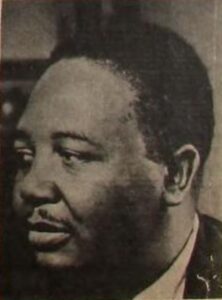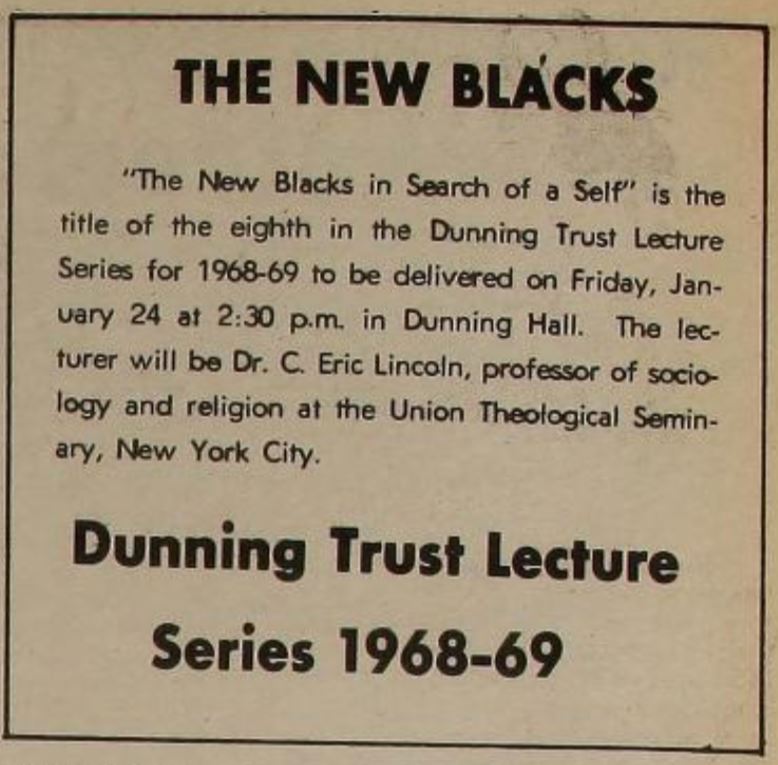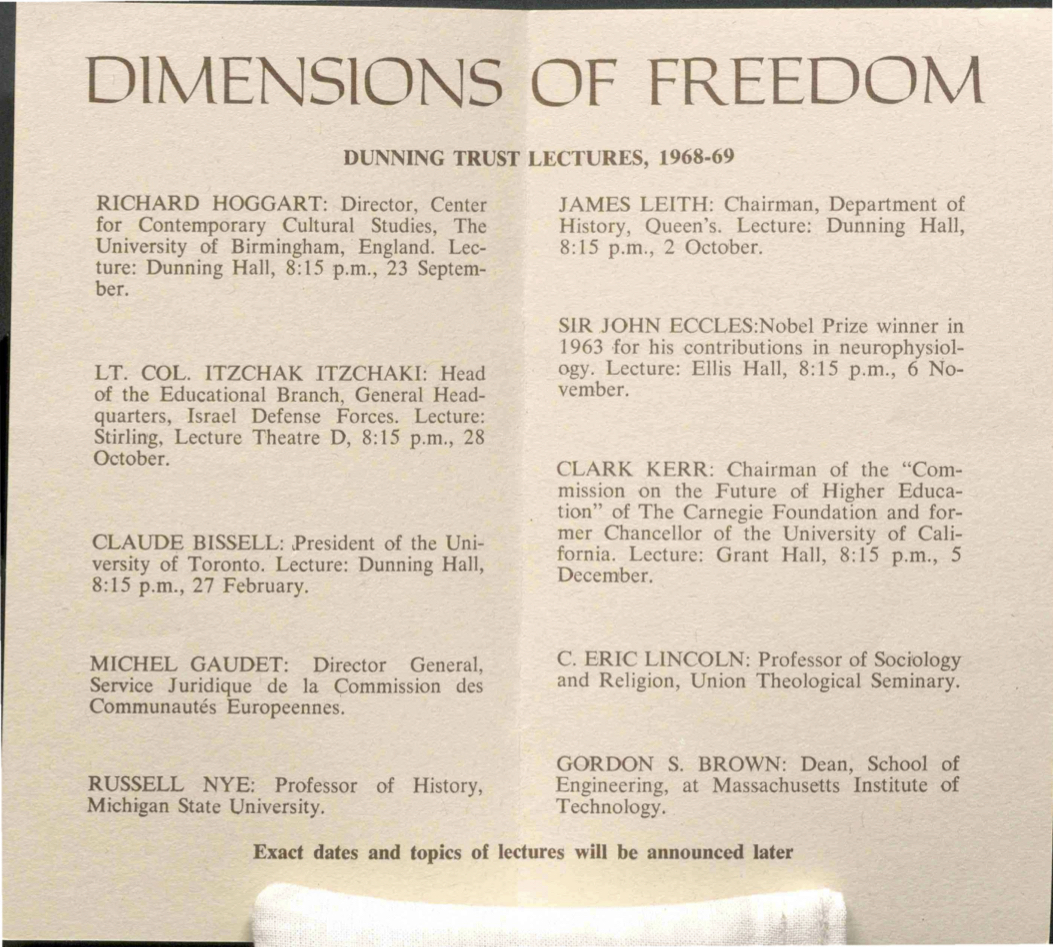
C. Eric Lincoln was a professor of sociology and religion at the Union Theological Seminary in NYC. He authored the influential Black Muslims in America and was one of the first scholars to study African-American Islam. He taught at a number of schools, including Clark Atlanta University, Portland State University, Fordham University, Brown University, and the University of Ghana. From 1976-1993, he taught religion and culture at Duke University. In his work, Lincoln discussed the need for reconciliation between faiths and a need to communicate across traditions within and beyond the African-American community. He sociological works included The Black Church Since Frazier (1974) and Race, Religion and the Continuing American Dilemma (1984), but he also wrote fiction and poetry. He was very active within the civil rights movement. Over the course of his career, he guest-lectured at more than 70 colleges and universities in the United States. He received multiple awards for his fiction and scholarly writing, and in 1990 was elected to the Fellowship of Southern Writers and cited by Pope John Paul II for “scholarly service to the church.”
Lincoln’s lecture focused on the sociological approach of understanding the need for equality and reconciliation between the races and the ongoing existence of white supremacy and racism. In an interview with the Journal, he rejected the assertion that Black Americans needed to oppose US imperialism elsewhere before exercising their citizenship rights, saying that they could not speak of controlling foreign policy until they controlled their own destiny. He spoke of his uncertainty in solidarity between Black Americans and the Third World, and between white student radicals and their Black peers, saying that despite these relationships, the power structure remained unchanged.
Lincoln’s lecture was held on January 24, 1969.

